
This logo isn't an ad or affiliate link. It's an organization that shares in our mission, and empowered the authors to share their insights in Byte form.
Rumie vets Bytes for compliance with our
Standards.
The organization is responsible for the completeness and reliability of the content.
Learn more
about how Rumie works with partners.
You decided to take a year off to travel or explore your own interests after your studies and now you are about to start your first job after a long pause from the workforce.
 Photo by Martin Adams on Unsplash
Photo by Martin Adams on UnsplashWhat will they expect of you? How will you get used to the routine of regular work? Going back can be scary, but these 6 tips will help you successfully transition back to work on your first day at the new job!
Did you know?
Taking a "Career Break" can be beneficial. Read 9 reasons why taking a break may be good for you.
1. Learn about the Environment
Before you can begin, you'll need to learn about your work environment. Will you be:
Going in person?
Working online?
Or hybrid?
If you're going in person, is the environment casual or formal?
Getting a sense of the environment will help you decide how you want to present yourself.
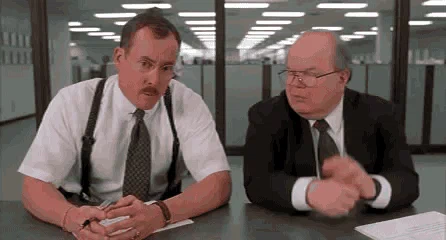
Did you know?
Learn more in this Forbes article: 5 Ways to Learn About Your Company Culture Before Accepting a Job
2. Dress for Success
If you're going in person at all, you'll want to know if there's a dress code. You've been out of the workforce for a while, so you may need to update your wardrobe!
If you haven't seen the work environment, there's nothing wrong with asking about the dress code. You don't want to show up on your first day over or underdressed.

Did you know?
Did you know that dressing professionally in the work environment can make you feel more confident and powerful? Learn more in this Forbes article: Dressing for Success and the Achievement of your Dreams
3. Routine, routine, routine!
Getting used to a new routine is challenging, especially when it's been a while since you were expected to follow one. Once you know if you'll be going in person, online, or hybrid, you can start planning your routine.
Below are questions to consider for each scenario:
In Person
Factoring travel time, how early do you need to wake up each day?
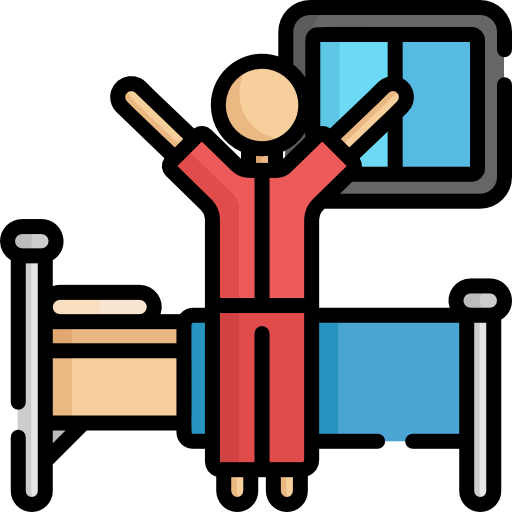
Do you need to have meals prepared in advance because you'll be home late?
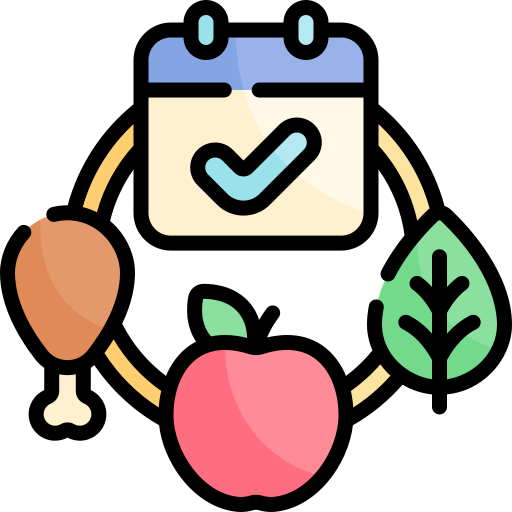
Will you need to pack a lunch?
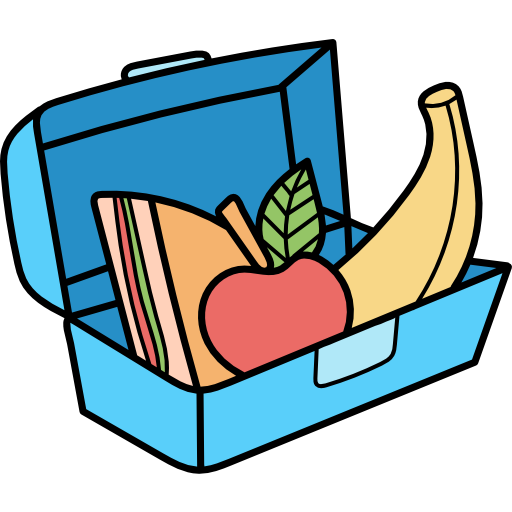
Online
Will the company track your time online within set hours?
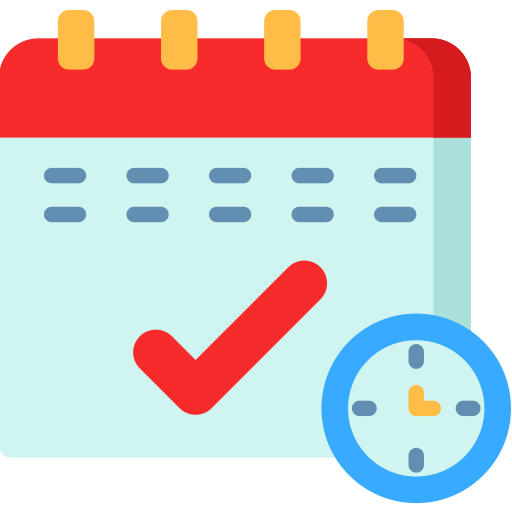
What space in my home will be suitable to work online?
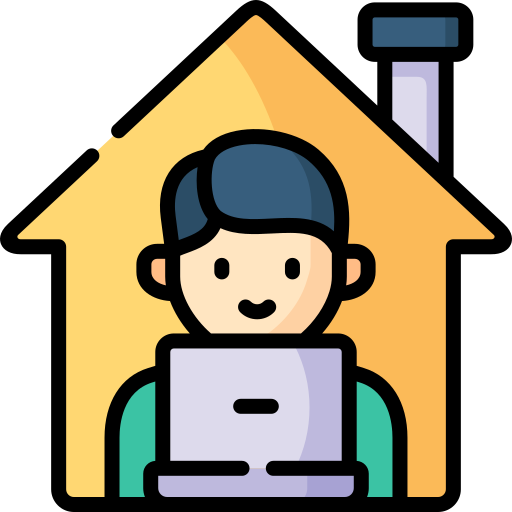
Are breaks within at set times?

4. Practice, Practice, Practice
Once you've considered some of the questions above, start living your routine before you start work. Set your alarm in the morning and practice your day. This way, you'll see if there are other factors you need to consider before starting work.
For example, if you're online, maybe you'll need to factor in a workout or outdoor walk to break up your day.
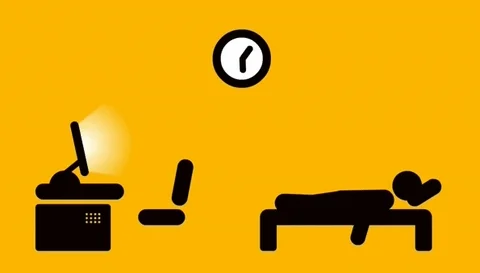
5. Make a Good Impression!
Now you're dressed right and you've practiced your routine. You've arrived early and are meeting your coworkers for the first time. You'll want to make a great first impression, so consider the following;
Listen, observe, and look interested!
Ask questions when you are unsure — don't make assumptions!
Make small talk and get to know their interests.
Be open to learning new things — don't pretend to know everything!

Quiz
You are alone in your cubicle and a client calls with a question that you don't know how to answer. You should...
It's never a good idea to guess answers, especially on your first day. There's nothing wrong with explaining that it's your first day and that you want to be sure you are providing correct information. End the call and ask a coworker, then call the client back promptly.
6. Scheduling Personal Time
It's easy to get fully consumed by work once you return. Be sure to schedule some time for your personal life to avoid burnout. Make a list of things that are important to you:
Perhaps alone time reading a book is important.
Spending time with family or significant others might be your top priority.
Your friends and family may have gotten used to you being readily available while you weren't at work. Use your list to block times in your calendar for these priorities.
Did you know?
Taking time for yourself is not selfish. It's critical to maintaining your mental health. Learn more in this Direction Psychology article: The Importance of ME Time
Take Action
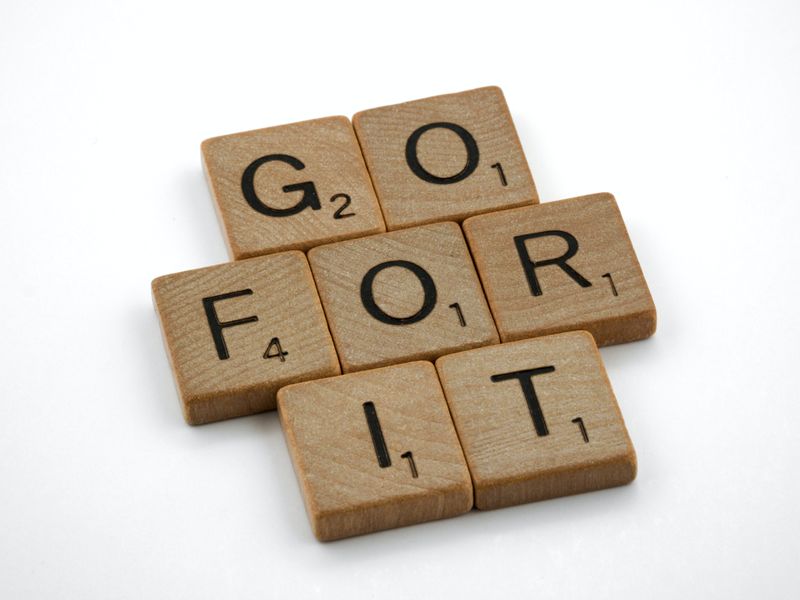 Photo by Brett Jordan on Unsplash
Photo by Brett Jordan on UnsplashYou're all set to start your first day. Remember to...
This Byte has been authored by
Lisa Hascal
Learning Designer